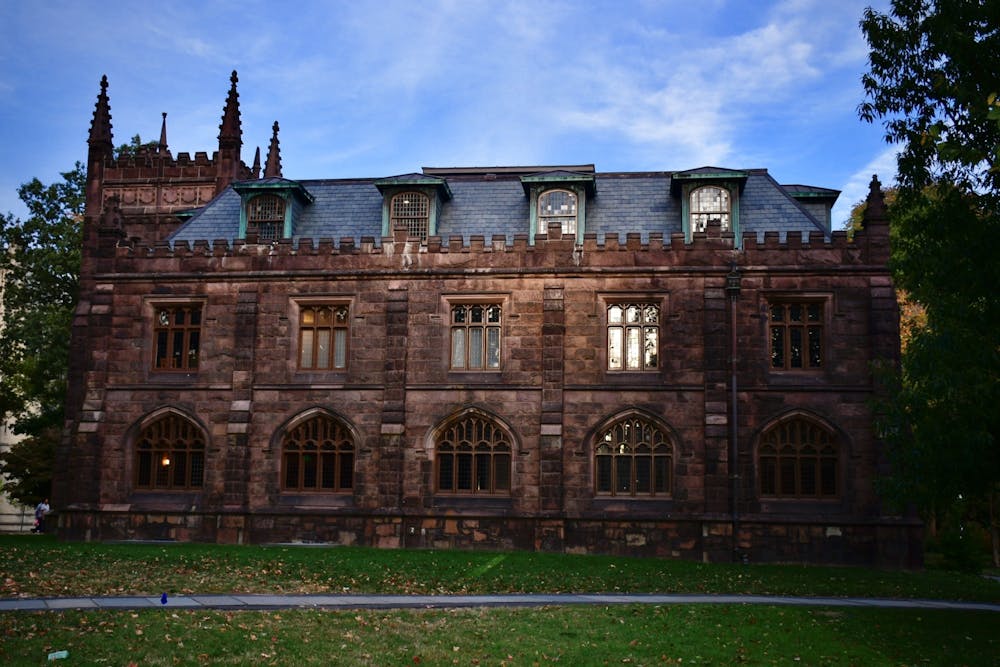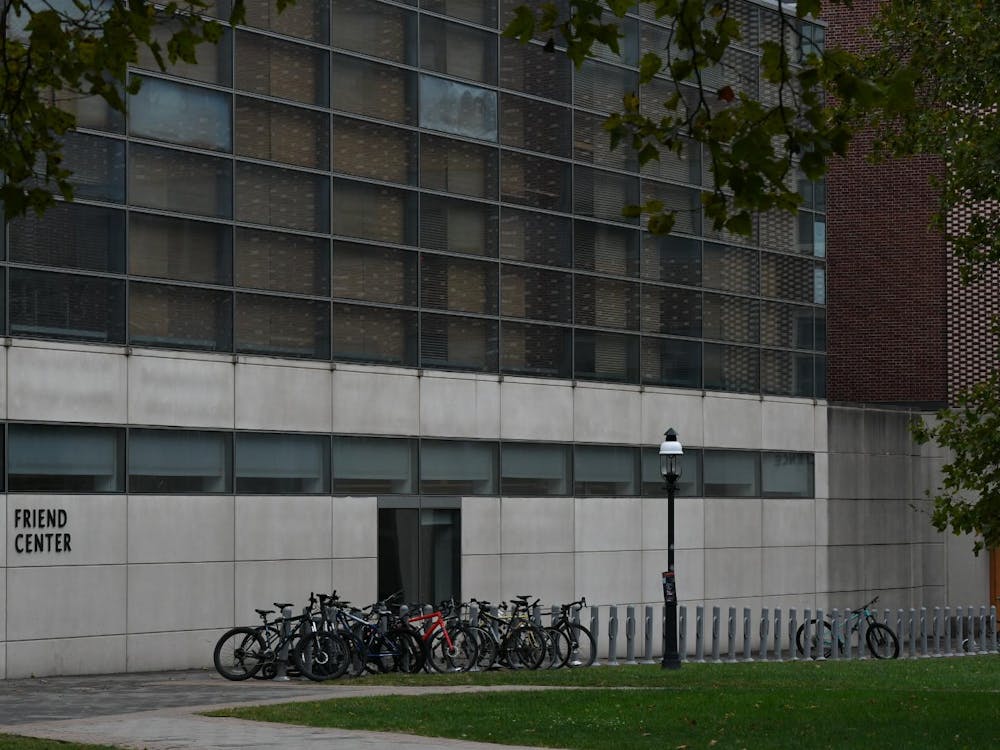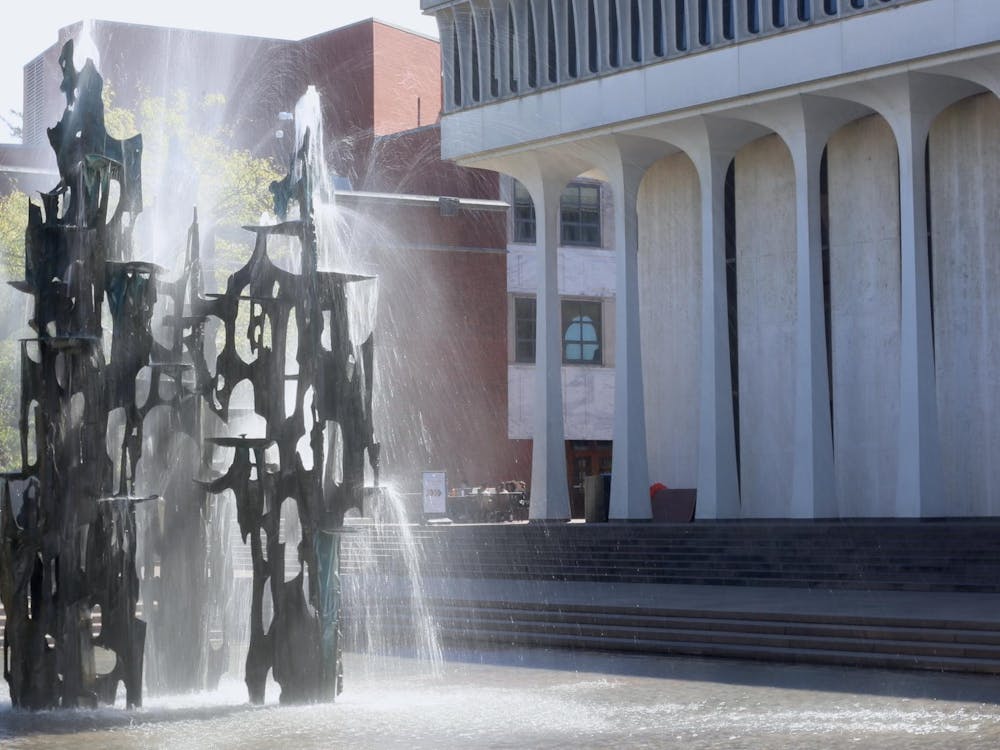The following is a guest contribution and reflects the author’s views alone. For information on how to submit to the Opinion Section, click here.
All Princeton University programming should be accessible to students of different faith backgrounds, but especially programming sponsored by the Office of Religious Life (ORL). Yet, the ORL-sponsored Senegal Pilgrimage over fall break is blatantly inaccessible to any observant Jew. The trip’s description might as well declare “Not for Jews.”
I matriculated at Princeton in 2020 at the height of the pandemic, so I have not had many opportunities to travel abroad during my time here. “Take advantage of traveling on Princeton’s dime” was a piece of advice that I heard often, but such opportunities have been hard to come by as a low-income student who has only left the country once when driving across the border to Canada. Princeton was supposed to offer a world of opportunities to travel, and so far, my experience has been sorely disappointing.
The trip to Senegal seemed like a perfect opportunity. It would be a chance to practice my French in an authentic Francophone environment, trace the history of the United States’ founding sin of slavery, and hopefully meet some cool people along the way. My excitement quickly dissipated when I followed the link to the ORL website and saw that the trip would leave on a Friday afternoon and conflict with the start of the Jewish Sabbath later that evening. I was disappointed, but not necessarily surprised: since entering Princeton, numerous events and trips have been barred to me and my Jewish peers due to conflicts with Shabbat. The trip would similarly coincide with the final days of the Jewish harvest festival of Sukkot, during which work and travel is also forbidden.
While the coordinators may have simply made an honest oversight, their statement on dietary restrictions for the trip makes their mistakes seem intentional: “Vegetarian and vegan food will be plentiful, strictly Kosher food will not.” For a trip jointly hosted by the ORL and the Office of Diversity & Inclusion (ODI), it seems as though the coordinators had specific groups in mind when considering what diversity meant and whom to include. And Jews were left out.
In Senegal, the Jewish community is close to non-existent, making up less than 0.01 percent of the population of over 17 million. Perhaps the offices organizing the trip knew that Senegal’s Jewish community ran thin and, accordingly, took no measures to include Jewish students on the trip. But the fact that there isn’t a large Jewish presence in Senegal is all the more reason for the trip to accommodate Jewish students.
In Dakar, Senegal’s capital and largest city, the Israeli Embassy has to provide Kosher food. Even Chabad, a global organization known for creating a Jewish presence in places devoid of one, is absent in the country. Any observant Jewish student on the trip would require Kosher food; in going to a country without many Kosher eateries, it would only make sense to have appropriate arrangements for such a student.
Furthermore, just because the trip is focused on the “vibrancy of Islam and Christianity in Senegal” does not mean that observant Jewish students would not be interested in such a trip. Many Jewish students want to learn about the other faiths and cultures derived from our common origin. A trip to Senegal where one can “witness the peaceful coexistence of Christians and Muslims in the land” seems valuable to practitioners of any religion, including to those of Judaism.
It could be that offices like the ORL and ODI feel no need to include Jewish students under the assumption that the Center for Jewish Life (CJL) and Chabad meet all of our needs. They may be surprised to learn that Jews, especially those at a secular liberal arts school like Princeton, can also be interested in non-Jewish religious and interfaith opportunities. Our interests are just as diverse as those of students of any other cultural backgrounds, though it becomes difficult to pursue these interests when the University outside of the CJL does not accommodate our needs. Even the ORL, which is supposedly meant to serve as a haven for students of all religions, fails to provide for the religious needs of Jewish students.
This trip will continue in spite of its exclusionary nature toward Jewish students, just as the University will continue to hold classes on the major Jewish holidays of Rosh Hashanah and Yom Kippur, and host matriculation and commencement events in a Christian chapel. I look forward to returning to an incredibly accepting and supportive community, but this community will exist in the CJL and Chabad, with few spaces in between.
Theodore Gross is a junior from Monroe, Conn. concentrating in politics. He can be reached at twgross@princeton.edu.










